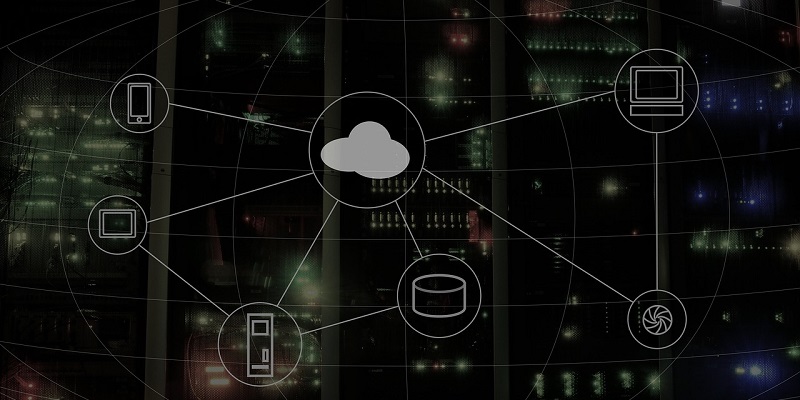The trend for businesses to shift to cloud-based architecture has been increasing with each passing year. According to a recent survey conducted by LogicMonitor, 87% of businesses will be using cloud technology by 2022. This trend is not surprising as cloud adoption offers numerous benefits for organizations. For GTR, switching to a cloud-based architecture has become a critical strategic consideration.
Benefits of Cloud-Based Architecture
One of the significant advantages of cloud adoption is minimizing the risk of data loss. In the event of data loss due to hardware failure, theft, or natural disasters, cloud-based architecture provides a backup system to restore the data. Additionally, cloud technology enables quick deployment of services, providing the ability to scale resources up and down at a moment’s notice. Furthermore, cloud architecture fosters increased productivity, collaboration, and efficiency.
Resilient Design of Cloud-Based Architecture
Amazon Web Services (AWS) is a secure cloud services platform that offers various functionalities, such as compute power, database storage, and content delivery to help businesses scale and grow. One of the most significant advantages of AWS is its resilient design, which allows businesses to adapt quickly to data loss and learn from their environments to prevent future issues. AWS can also provide organizations like GTR with peace of mind, knowing that their data is safe and secure.
Integration of AWS into GTR’s operations
The integration of AWS in GTR’s operations serves several purposes. First, GTR can use AWS to improve customer satisfaction by carrying out critical follow-ups. This feature is undoubtedly a significant advantage for GTR since their operations require seamless customer management. GTR can utilize a range of services from AWS to create custom applications to meet their customers’ needs.
Adoption of AWS comes with advantages and disadvantages
There are both advantages and disadvantages to adopting AWS. On one hand, AWS provides organizations with robust and agile solutions that improve business operations. On the other hand, AWS’s technical support services often come with high fees, making it costlier in the long run for organizations. Additionally, issues associated with cloud computing, such as delays and downtime, can occasionally negatively impact operations. However, AWS’s benefits far outweigh the disadvantages, particularly for organizations like GTR, which require secure and reliable services to remain competitive in a rapidly changing business landscape.
Solutions offered by GCP
While AWS is the most popular cloud service provider, there are other alternatives available, such as Google Cloud Platform (GCP). GCP offers various technologies and solutions that can make business operations easier and quicker. GTR can opt for GCP, which provides cost-effective cloud solutions tailored to their needs. GCP offers services such as data analytics, AI, storage, and compute power, among others, which provide GTR with a wide range of solutions to choose from.
Shifting from on-premises to cloud-based architecture can benefit organizations like GTR significantly. It not only improves efficiency and productivity but also provides a competitive edge. The integration of AWS in GTR’s operations can improve customer satisfaction and operational results. While there are potential disadvantages to cloud implementation, such as high fees and occasional delays, the advantages of cloud adoption, particularly AWS, far outweigh the disadvantages. Finally, alternative cloud service providers, such as GCP, also offer beneficial solutions for businesses like GTR, making it easier for them to compete in a cut-throat business world.

